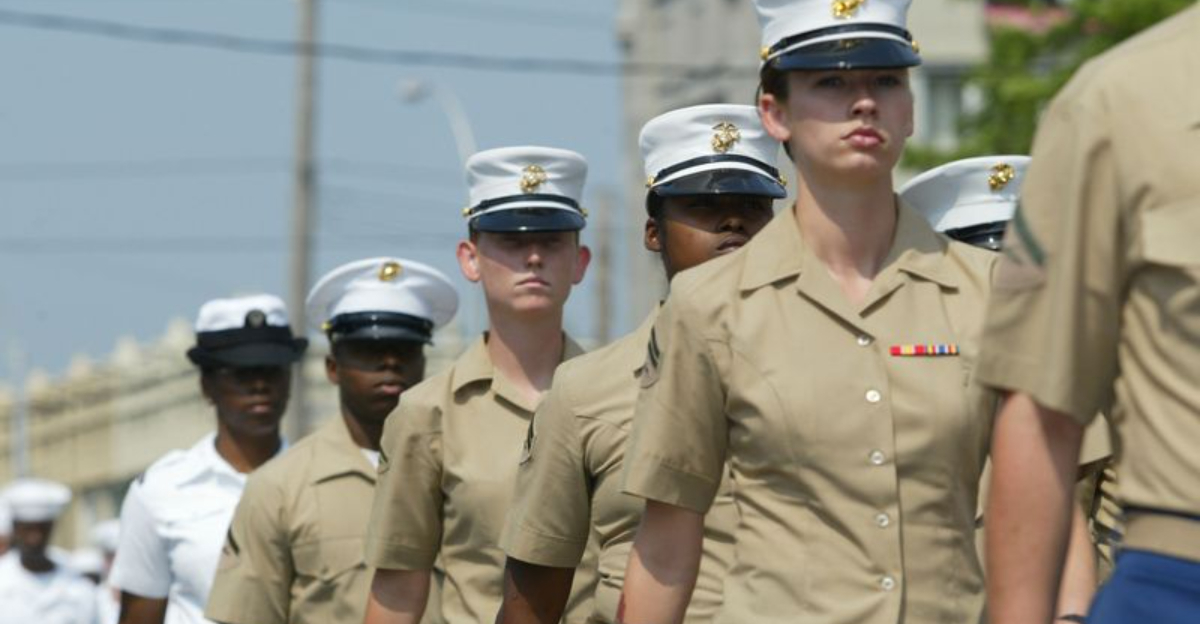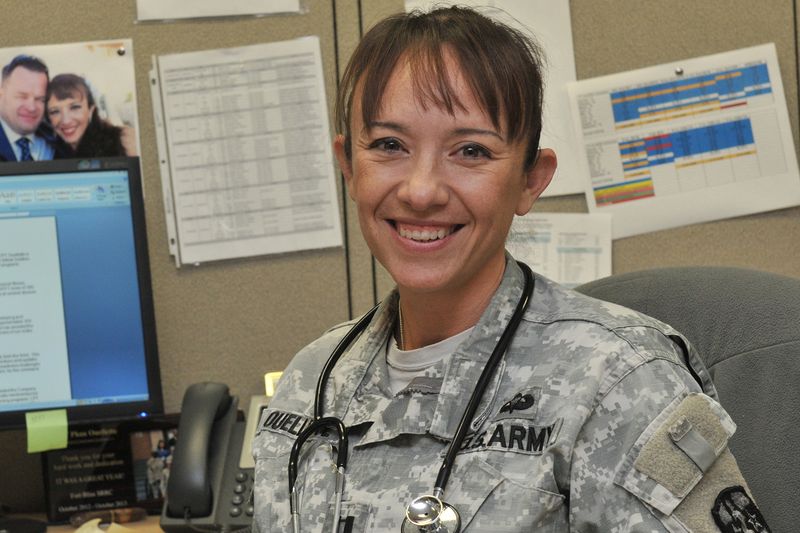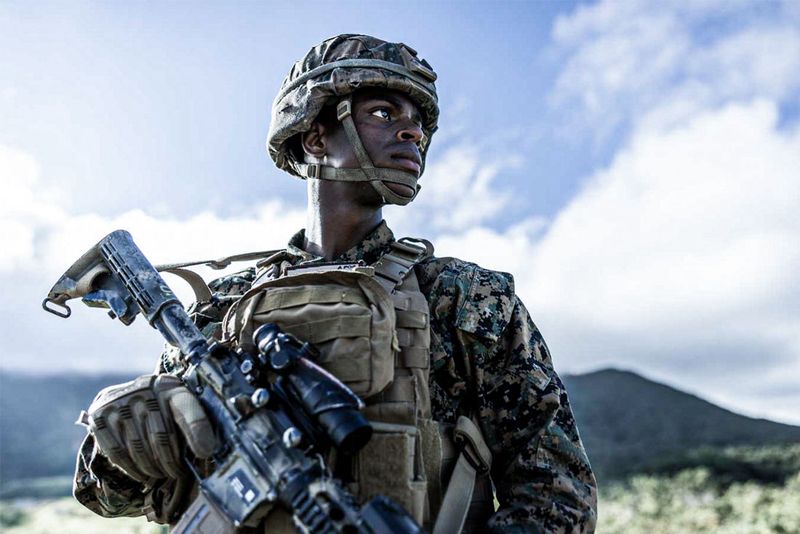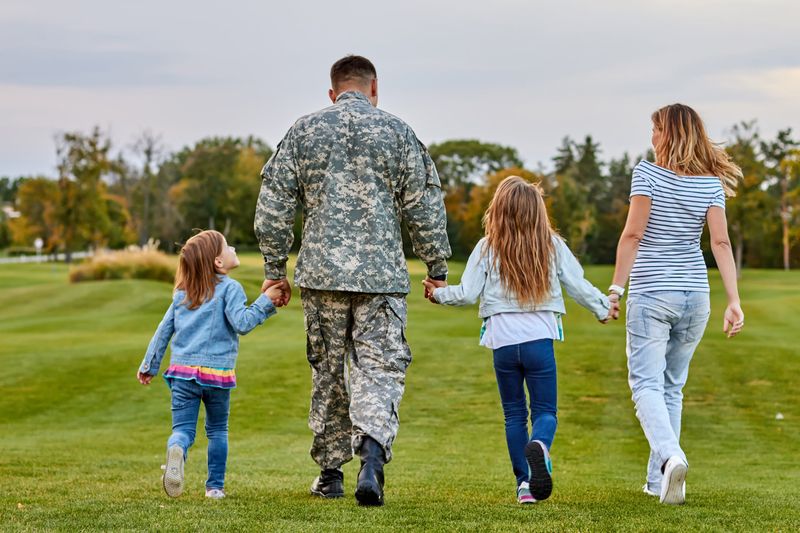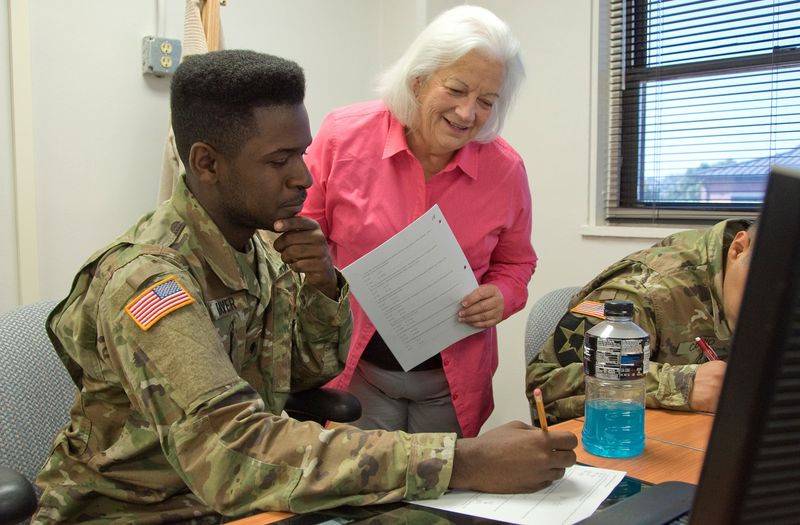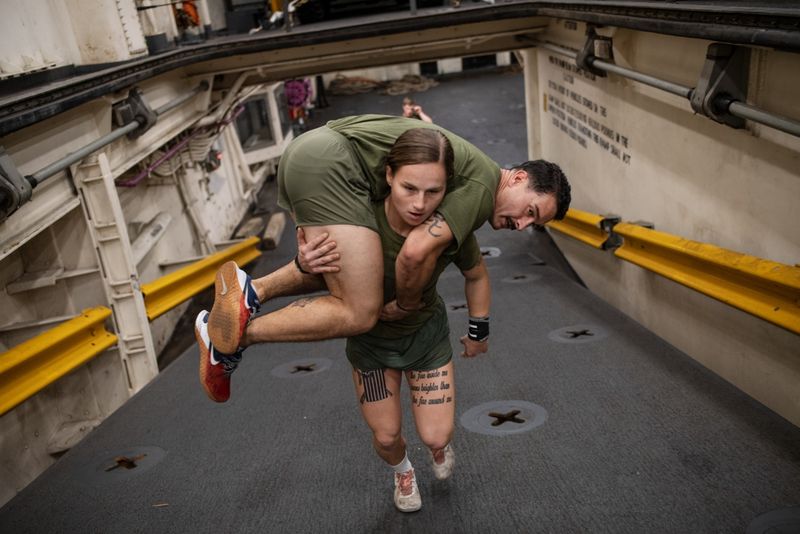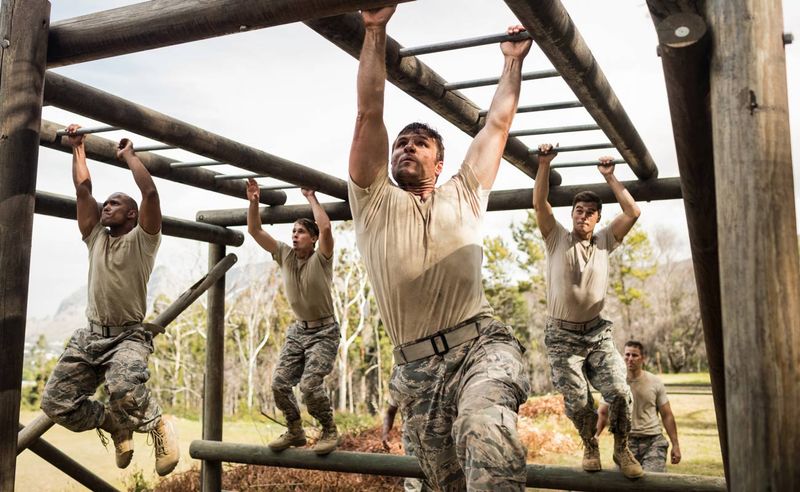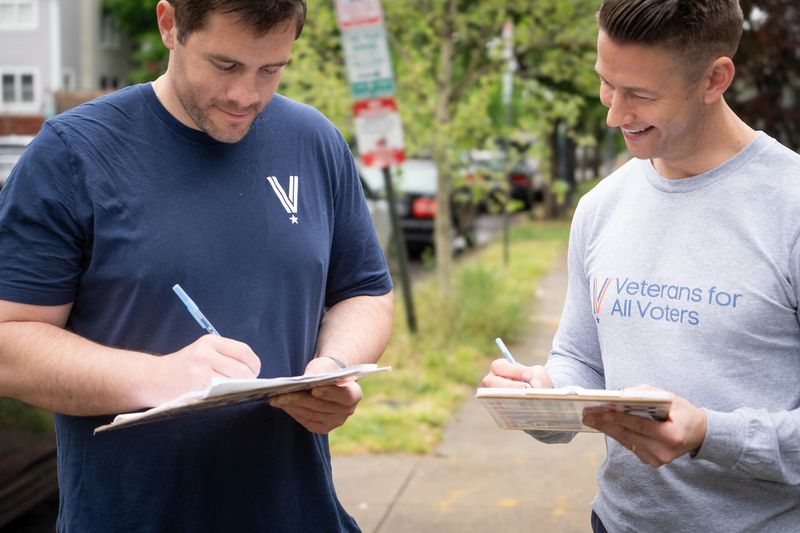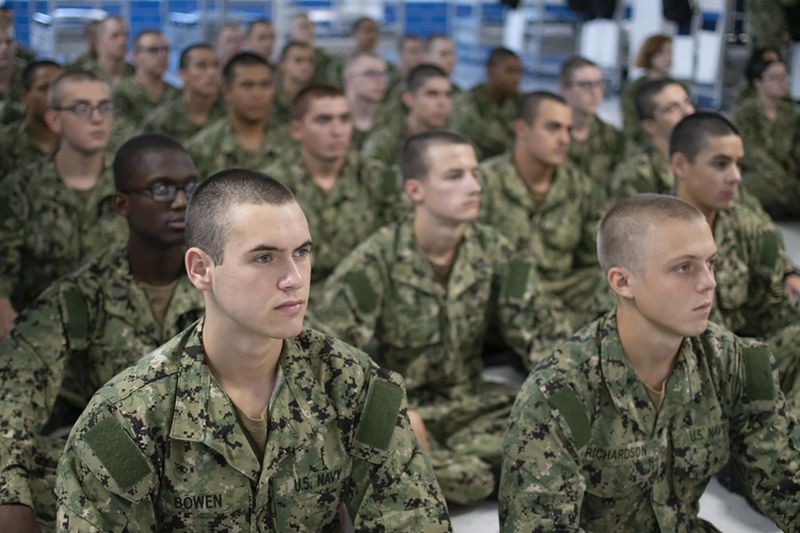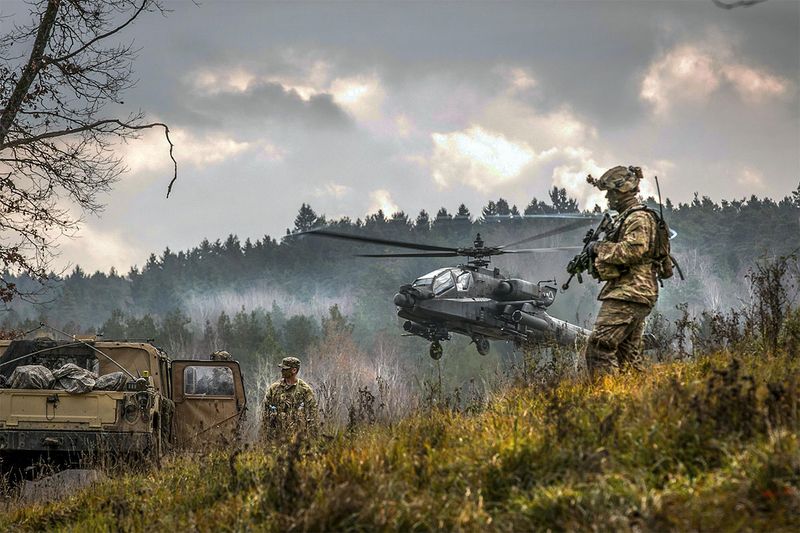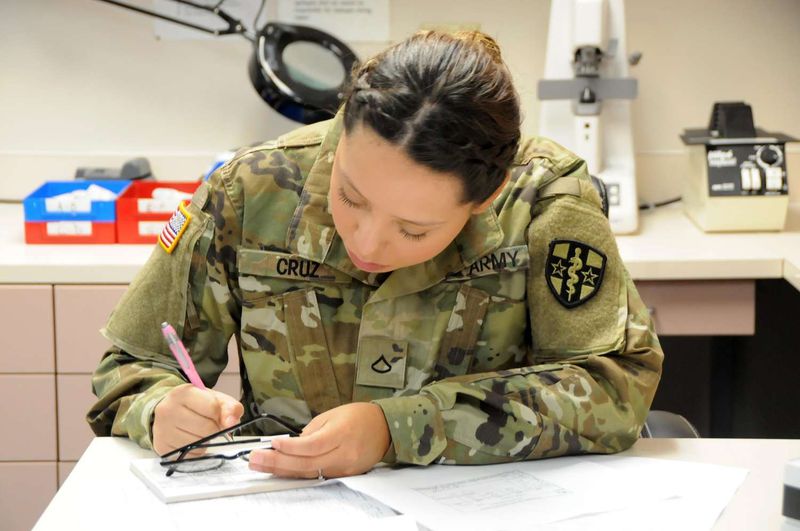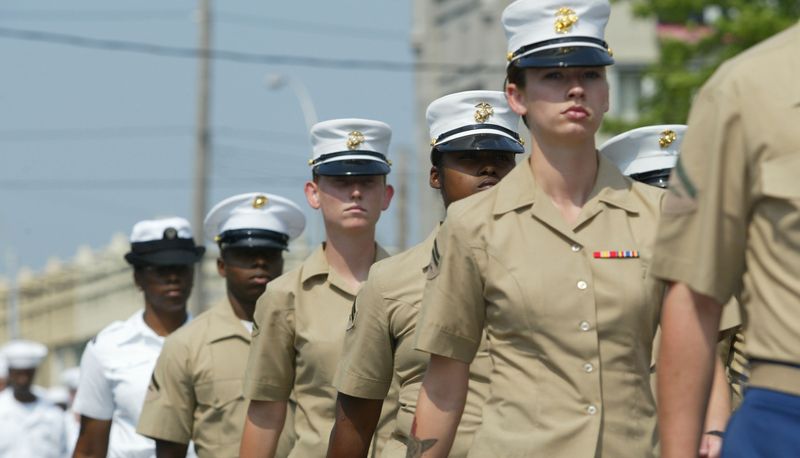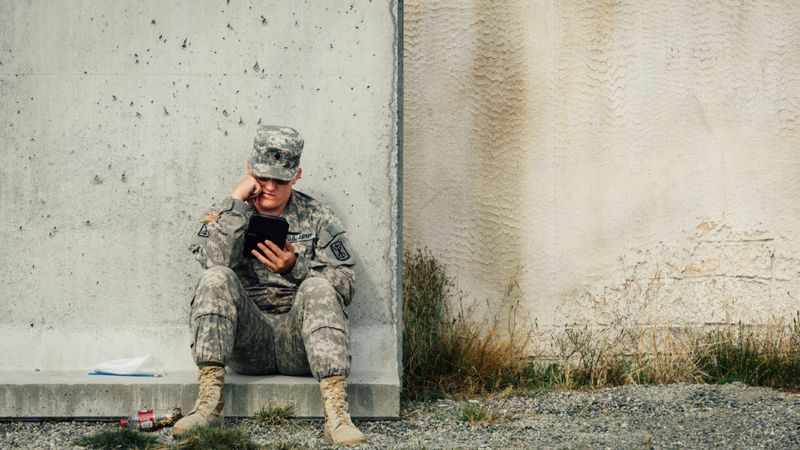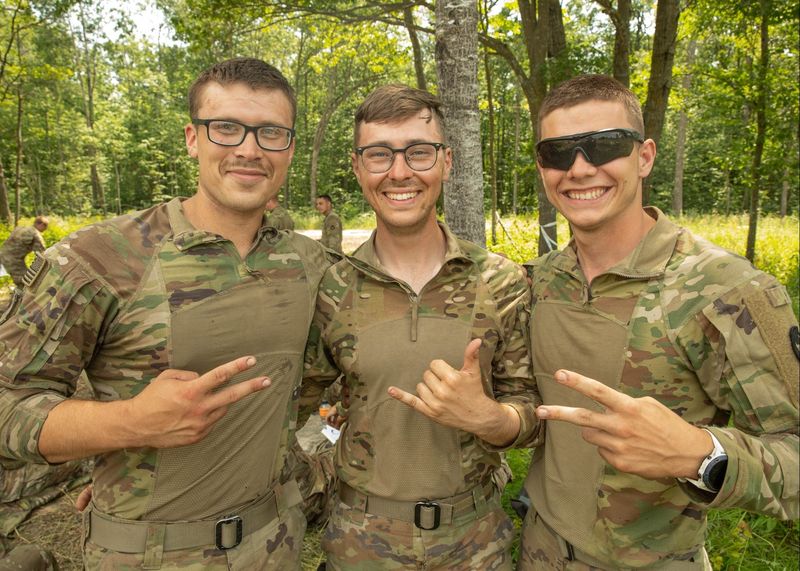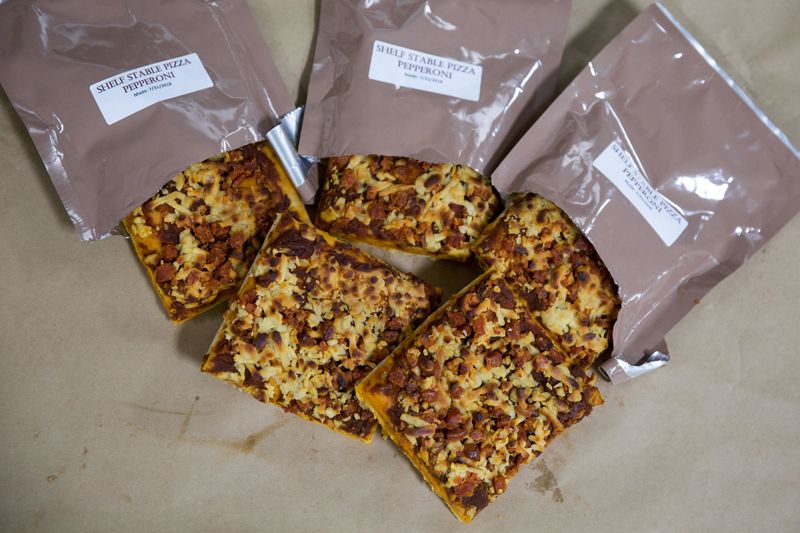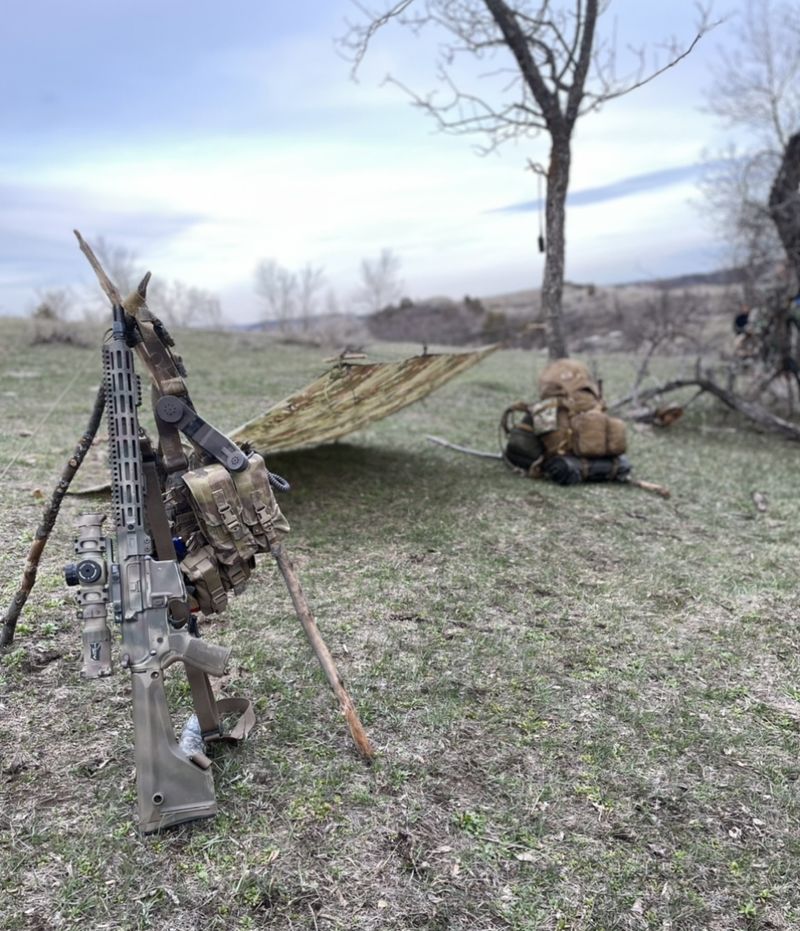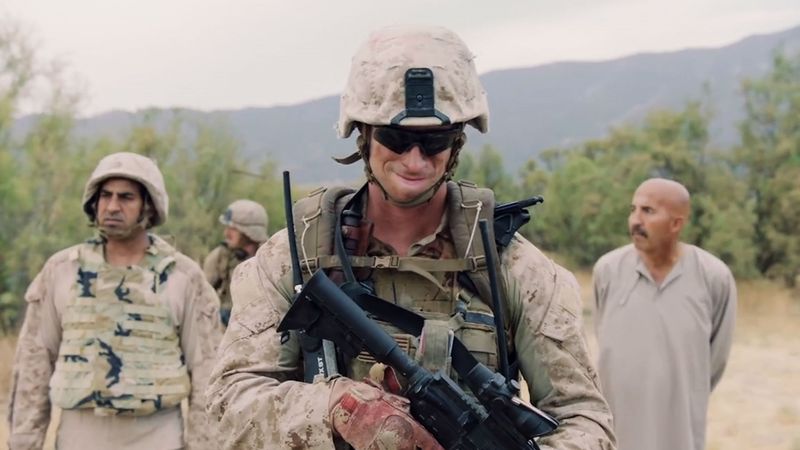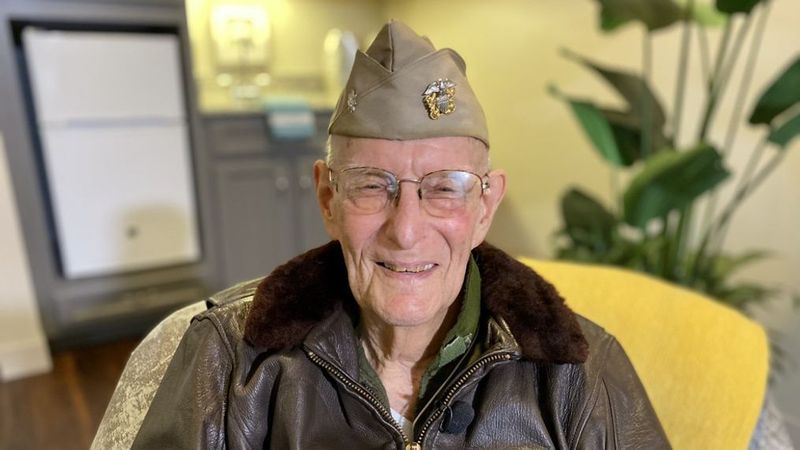The military world is often shrouded in misconceptions, creating stereotypes that can be both misleading and unjust. While some people hold entrenched beliefs about military life, the reality is more nuanced and varied. In this article, we aim to dismantle seven pervasive military stereotypes and replace them with eleven truths that better reflect the experiences of service members. By exploring these 18 items, we hope to provide a more balanced and insightful perspective on military life.
1. Everyone in the Military Sees Combat
The image of every service member as a combat-ready soldier is prevalent, but inaccurate. In reality, only about 10-20% of military personnel serve in direct combat roles. Many others provide critical support through logistics, intelligence, medical services, and technology. This wide array of roles ensures that the military operates efficiently and effectively. The contributions of these individuals are vital, yet often overlooked. While combat roles are undoubtedly crucial, the myriad of support roles forms the backbone of any military operation.
2. Military Training Turns People Into Mindless Robots
Discipline is often mistaken for mindless obedience in military training, yet the focus extends far beyond that. Critical thinking and adaptability are equally emphasized. The military aims to produce leaders capable of making quick, informed decisions in high-pressure situations. While discipline shapes structure, it’s the cultivation of leadership skills that truly defines military training. The myth of creating ‘robots’ is a disservice to the nuanced, comprehensive education received by service members. Training fosters resilience, leadership, and the ability to think on one’s feet.
3. Veterans Are All Broken or PTSD-Ridden
The stereotype of all veterans as damaged individuals is both unfair and misleading. While some indeed face challenges like PTSD, many others transition successfully to civilian life. Veterans often find themselves thriving in new careers and contributing positively to their communities. The image of the ‘broken’ veteran overlooks the resilience and strength displayed by many. Veterans possess a unique set of skills and experiences that often lead to success and personal growth after service. Support and understanding can further aid their transition.
4. The Military Is Only for the Uneducated or Poor
Contrary to the stereotype, the military is a path chosen by individuals across the educational spectrum. Many enlistees already hold college degrees, while others pursue higher education during their service. The military provides avenues for advanced training and education, including tuition assistance programs. It’s a career path that offers opportunities rivaling those in the civilian sector. This misconception undermines the diverse backgrounds and aspirations of those who choose to serve. The military values education and personal development as key components of service.
5. Women in the Military Aren’t as Tough as Men
Women have been breaking barriers and proving their mettle across all branches of the military. They serve in roles that demand the same physical and mental toughness as their male counterparts. From leading troops to participating in special operations, women meet the rigorous standards required. The stereotype that they are less tough than men is outdated and dismissive of their accomplishments. Military women exemplify strength, resilience, and professionalism, challenging outdated perceptions about gender and capability.
6. Military Life Is Nonstop Action Like in Movies
The Hollywood portrayal of military life often emphasizes action-packed scenes, overshadowing the routine reality. In truth, most days involve mundane tasks like paperwork, equipment maintenance, and training sessions. It’s a life of discipline and routine, punctuated by moments of intensity. While movies may highlight the drama, the day-to-day life of a service member is far more grounded. The calm and order of daily tasks prepare military personnel for the rare moments of chaos they may face.
7. All Veterans Are Ultra-Conservative
The stereotype that all veterans hold ultra-conservative views is a simplification of a diverse community. Veterans come from a wide range of backgrounds and hold political beliefs across the spectrum. Their experiences in the military often shape, but do not define, their political views. Just like civilians, veterans are individuals with unique perspectives and opinions. The military fosters a community where diverse ideas can coexist, reflecting the broader society. This diversity is one of the community’s strengths, offering varied insights.
1. It’s a Job, Not Just a Calling
While patriotism is a driving factor for many, others join the military for practical reasons such as education, healthcare, and career stability. It’s a profession offering tangible benefits and opportunities for growth. This practical perspective doesn’t diminish the sense of duty and service but adds another dimension to why people choose this path. The military provides a structured career path with numerous advantages, attracting individuals with varied motivations and goals. It’s both a job and a calling, reflecting a balance of ideals and pragmatism.
2. Deployments Are Boring (Until They’re Not)
Deployment life is often characterized by long stretches of monotony, where routine tasks dominate the day. Soldiers might find themselves engaged in maintenance, training, or administrative duties. However, these periods are often interrupted by bursts of intense activity when action is required. The unpredictable nature of deployments tests patience and readiness. Service members learn to adapt to this ebb and flow, honing skills that keep them prepared for any situation. The balance of routine and chaos is a defining feature of military deployments.
3. The Military Runs on Paperwork
In the military, paperwork and administrative tasks are as crucial as any other duty. Behind the scenes, the smooth operation of military units depends heavily on meticulous record-keeping and documentation. Service members often find themselves inundated with forms, reports, and data management. Even in high-speed units, administrative work is a constant. This aspect ensures accountability and organization, essential for coordinated efforts in any operation. The clerical side of military life is an unsung hero, vital for functionality and success.
4. Rank Doesn’t Always Equal Competence
Military rank signifies experience and responsibility, yet doesn’t always equate to competence. Some leaders excel, inspiring their teams with vision and skill. Others may advance through tenure rather than talent. The diversity in leadership styles and effectiveness is notable in any organization, including the military. It’s a reminder that while rank can guide the chain of command, true leadership is about capability and integrity. Service members learn to adapt to varying leadership qualities, honing their own skills in the process.
5. Hurry Up and Wait Is the Real Motto
A common phrase in the military encapsulates a frequent part of service life: ‘hurry up and wait.’ Service members often prepare swiftly for tasks or missions, only to find themselves waiting for orders or developments. This experience fosters patience and adaptability, as waiting becomes a part of the routine. The ability to stay prepared yet flexible is a valuable skill honed through this recurring scenario. It underscores the unpredictable nature of military operations, where readiness is essential even amidst delay.
6. You’ll Make Some of the Best Friends of Your Life
The bonds formed in the military are often deep and enduring, forged through shared experiences and challenges. Whether it’s during training, deployment, or downtime, these connections become a source of strength. Camaraderie in the military transcends ranks and backgrounds, creating friendships that last a lifetime. The shared hardship and triumphs foster a unique understanding among service members. These relationships provide support, companionship, and a sense of belonging, lasting long after service ends. Many veterans cherish these friendships as among the most significant aspects of their military life.
7. The Food Ranges from “Meh” to “MREs”
Food in the military varies widely, from standard chow hall fare to the infamous MREs (Meals Ready-to-Eat). While some meals can be surprisingly good, others are more about sustenance than flavor. MREs, in particular, are a love/hate relationship for many service members, offering convenience and necessary nutrition. Military dining offers an array of experiences, from routine meals to culinary surprises. Despite the jokes, these meals are essential for morale and survival, providing the energy needed for demanding tasks.
8. You’ll Learn to Sleep Anywhere
Sleeping in the military is often about seizing the opportunity, no matter where you are. Service members become adept at catching sleep whenever and wherever possible, whether it’s in a helicopter, a truck, or on the ground. This ability to rest on command is a valuable skill, especially during deployments or missions. The adaptability in finding rest reflects the demanding and unpredictable nature of military life. It’s a testament to the resilience and flexibility required of service members, ensuring they’re ready for action at any moment.
9. Civilian Life Can Be Harder to Adjust to Than War
Transitioning from military to civilian life presents its own unique set of challenges. Veterans often find themselves adjusting to a newfound freedom and lack of structure. After the regimented lifestyle of the military, adapting to civilian norms can be daunting. This adjustment period varies for individuals, with some embracing it and others struggling. The skills and discipline acquired in the military can aid, but don’t always ease, the transition. Support networks and understanding play a crucial role in helping veterans find their footing in civilian life.
10. Dark Humor Is a Survival Tool
Dark humor is an often misunderstood but vital coping mechanism in the military. It serves as a release valve for the pressures and stress of service life. Through humor, service members find a way to navigate difficult situations and maintain morale. This unique form of camaraderie and resilience helps forge stronger bonds within units. Laughter becomes a way to process the absurdities and challenges faced daily. It’s a survival tool that, while not always understood by outsiders, plays a crucial role in mental health and team dynamics.
11. Most Veterans Would Do It Again
Despite the challenges and sacrifices, many veterans look back on their service with a sense of pride and nostalgia. The experiences, friendships, and skills gained during their time in the military leave a lasting impact. For many, the decision to serve is one they would make again, recognizing the growth and opportunities it provided. This sentiment underscores the meaningful nature of military service, despite its hardships. Veterans often carry their military identity into civilian life, reflecting on their contributions with honor and satisfaction.
